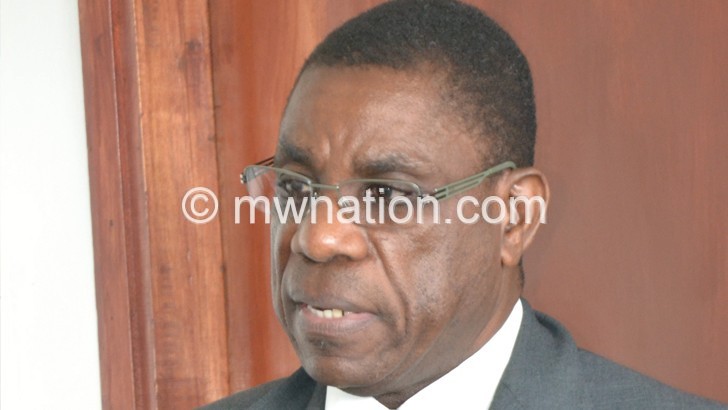Rural areas sidelined on financial access—Report
Despite Malawi registering a surge in digital financial services (DFS), penetration of the same is minimal in rural areas, a recent Reserve Bank of Malawi (RBM) report shows.
The June National Payment System report shows that compared to the previous month, daily average volume of overall retail DFS transactions increased by 6.9 percent to 581 893 in June 2018.
Similarly, corresponding daily average value of DFS transactions increased by 9.9 percent to K5.6 billion.

This, according to the central bank, was on account of Mobile payments and Point of Sale (POS) which contributed to the increase in the daily average volume of transactions while all DFS channels contributed to the increase in daily average value of transactions during the period under review.
RBM, however, says distribution of financial access points by geography remains a challenge as the majority of them are spread in urban and semi-urban areas leaving the rural areas with fewer access points.
In terms of the agency network, the bank says, the month of June recorded a total of 35 865 registered mobile money agents spread across the country.
“Despite this increase, the geographical distribution of agents remains heavily skewed towards urban and semi-urban areas, which accounted for 78.5 percent of the total number of agents.
Furthermore, only 47.9 percent of the registered mobile money agents in rural areas were active as at end June 2018,” said the report.
This, according to RBM, calls for increased efforts to raise awareness regarding advantages of using electronic payments in rural areas.
“RBM and the relevant stakeholders will therefore continue to engage service providers to deploy more access points especially in rural areas.
“To increase usage of the various electronic payment products and services, RBM and stakeholders will continue to create awareness through various promotional campaigns and other financial literacy programmes,” said the bank.
Consumers Association of Malawi (Cama) executive director John Kapito has since appealed to the authorities to handle the issue with the urgency it needs saying if left unchecked it may affect the country’s financial inclusion drive.
“This is a true observation but is not a one man’s job. We need to work together towards ensuring that this should not affect our efforts on boosting financial services uptake.
“We must remember that these technologies are new and initially they will always start from places where there is high circulation of money and slowly they will spread to the rural areas.” he said.
He said Cama is currently advocating that rural agents must be given more commissions to attract their presence and reduce the distance that one has to travel in order to find an agent.
“It is, therefore, our hope that both TNM and Airtel will assist consumers by encouraging agents to be found within short distances to reduce the cost of using this technology in the rural areas. Currently, the commissions are also not attractive for rural agents but we believe that since this is a growing technology, consumers in rural areas will be experiencing better services on mobile money soon,” he said.





